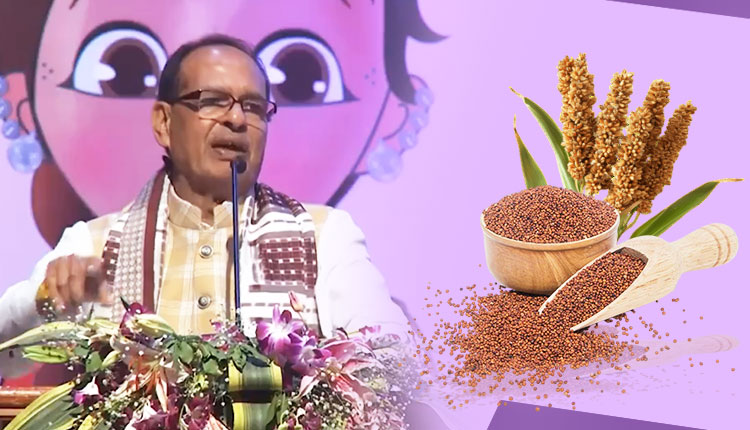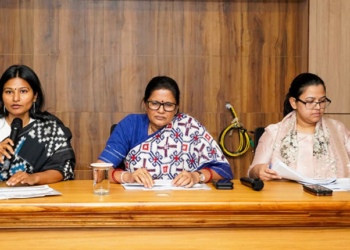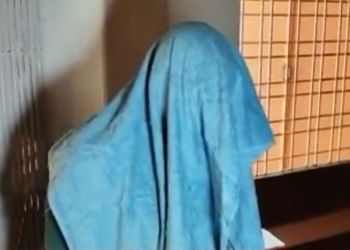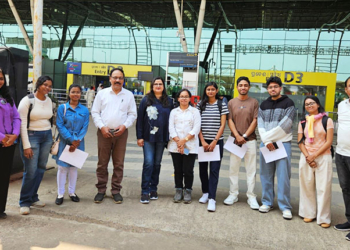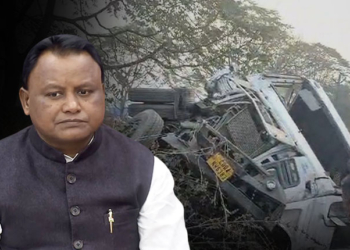Bhubaneswar: “Odisha has taken a leadership role in showing the path to other states. We will take the Odisha model on millets to the national level,” Union Agriculture and Farmers’ Welfare Minister Shivraj Singh Chouhan said on Monday, lauding the state’s pioneering efforts in promoting millet cultivation.
Speaking at the international symposium on ‘Shree Anna (Millet) and Woman Farmer’ held in Bhubaneswar on the occasion of ‘Mandia Divas’ (Millets Day), Chouhan praised Odisha for doubling its millet yield—from 6 quintals to 12 quintals per hectare—and surpassing the national average.
He urged agriculture scientists to focus on developing high-quality millet seeds and reducing cultivation costs to make millets a more profitable crop for farmers.
“Farmers are looking for crops that give them better financial returns. It’s a challenge before us to make millet a profitable crop so that more farmers turn to it,” he said.
Highlighting Odisha’s pioneering role, the Union Minister noted that it is the only state in India procuring millets from farmers at the Minimum Support Price (MSP). He also appreciated the inclusion of millets in the mid-day meal scheme for schoolchildren, calling for the initiative to be replicated in other states to promote healthier diets.
“Fertilisers, chemicals and pesticides are not only bad for human health but also for the soil and the climate. Millet cultivation is a step towards organic farming,” Chouhan said, assuring that the Centre will provide full support to Odisha for further promotion of millets.
Chief Minister Mohan Charan Majhi, who also spoke at the event, said millet cultivation in Odisha has grown from 30,000 hectares to all 30 districts. “What was once considered a tribal food has now been promoted as a super food by Prime Minister Narendra Modi,” he said.
Majhi added that under the Odisha Millet Mission, the state provides an input subsidy of ₹26,500 per hectare to farmers.
Deputy Chief Minister K V Singh Deo said Odisha offers end-to-end support to millet farmers, with women farmers and self-help groups (SHGs) playing a crucial role in conserving traditional seeds and food heritage.
“Women farmers are the heart of our agricultural legacy. Through SHGs and community seed centres, they are conserving traditional crops and passing this knowledge to the next generation,” Singh Deo said.
The event also saw participation from World Food Programme (WFP) country head Elisabeth Faure, M S Swaminathan Research Foundation chairperson Soumya Swaminathan, and International Rice Research Institute (IRRI) director general Yvonne Pinto at the inaugural session of the two-day conference.




